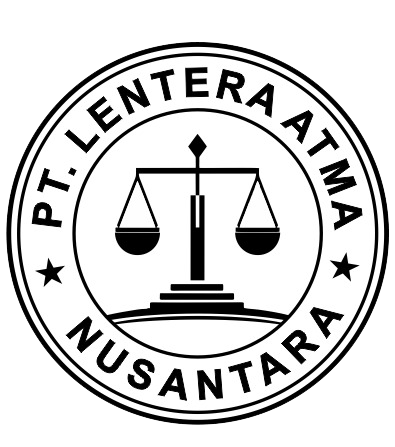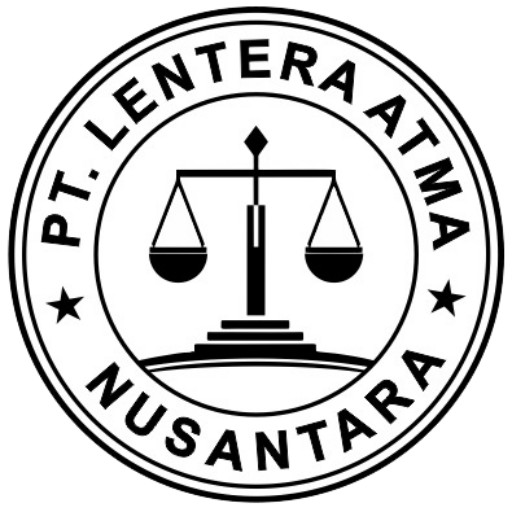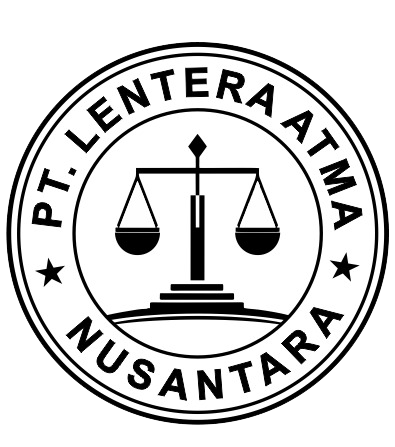Legal Due Diligence: A Tool for Informed Decision Making
In the realm of corporate transactions, Legal Due Diligence (LDD) stands as a fundamental process ensuring informed decision-making and risk mitigation. As companies pursue mergers, acquisitions, and significant investments, the need for a thorough examination of the target entity’s legal framework becomes paramount. LDD involves a meticulous review of legal documents, contracts, regulatory compliance, and potential litigation, providing a clear picture of any hidden liabilities or legal pitfalls that could affect the transaction’s success. This comprehensive evaluation is crucial for identifying risks early, enabling parties to negotiate favorable terms, adjust valuations, or even reconsider the viability of the deal.
Legal Due Diligence is not merely a procedural formality but a strategic tool that safeguards the interests of all parties involved. By uncovering critical legal issues, LDD empowers investors and companies to make well-informed decisions, ensuring that they fully understand the legal landscape they are entering. The process encompasses various aspects, from corporate governance and contractual obligations to intellectual property and regulatory adherence, each playing a vital role in the overall assessment. Ultimately, LDD serves as the backbone of a robust transaction strategy, helping to secure the long-term success and stability of business endeavors.
In this article, lenteraatmanusantara.co.id will explain in full what legal due diligence is, the importance of legal due diligence, what the components of legal due diligence are, what the process is and what challenges are faced. Read the article below and explore more about the legal due diligence that you need to know
What is Legal Due Diligence?

Legal Due Diligence (LDD) is a comprehensive investigative process undertaken before finalizing significant business transactions, such as mergers, acquisitions, or large investments. The primary aim of LDD is to meticulously examine the target company’s legal framework, including its contracts, compliance with regulations, ongoing or potential litigations, intellectual property rights, corporate governance, and other legal obligations.
This process helps identify any legal risks, liabilities, or issues that could impact the value and feasibility of the transaction. By conducting thorough LDD, parties can make informed decisions, negotiate better terms, and mitigate potential legal risks, ensuring a smoother and more secure transaction process.
Importance of Legal Due Diligence
The primary objective of LDD is to uncover any legal issues that might affect the value or viability of the proposed transaction. By identifying these issues early, the parties can negotiate terms that address potential risks, adjust the transaction price, or even decide against proceeding with the deal if the risks are too significant. Some key reasons for conducting LDD include:
- Risk Mitigation: Identifying legal risks and liabilities helps mitigate potential future issues that could arise post-transaction. This includes ensuring that the target company complies with all applicable laws and regulations.
- Informed Decision-Making: LDD provides a clear understanding of the legal landscape of the target company, enabling informed decision-making and strategic planning.
- Valuation Accuracy: Understanding the legal risks and liabilities of a target company allows for a more accurate valuation, ensuring that the transaction price reflects the true value of the company.
- Negotiation Leverage: Identifying potential legal issues can provide leverage during negotiations, allowing the acquiring party to negotiate better terms or seek indemnities for identified risks.
Key Components of Legal Due Diligence

LDD encompasses various aspects of a target company’s legal standing. Some of the critical components include:
- Corporate Structure and Governance: Reviewing the company’s organizational structure, bylaws, articles of incorporation, and other governance documents to ensure compliance with corporate laws and regulations.
- Contracts and Agreements: Examining all significant contracts and agreements, including customer and supplier contracts, employment agreements, leases, and loan agreements. This helps identify any unfavorable terms, potential breaches, or termination clauses that could impact the transaction.
- Litigation and Disputes: Analyzing the company’s litigation history, ongoing disputes, and potential legal claims. This provides insight into potential liabilities and the company’s legal risk exposure.
- Regulatory Compliance: Ensuring that the company complies with all relevant laws and regulations, including industry-specific regulations, environmental laws, and employment laws. Non-compliance can result in significant fines, penalties, or operational restrictions.
- Intellectual Property: Assessing the company’s intellectual property (IP) portfolio, including patents, trademarks, copyrights, and trade secrets. This ensures that the company’s IP is adequately protected and that there are no infringements or disputes that could impact the transaction.
- Financial Liabilities: Reviewing the company’s financial obligations, including debts, loans, and other liabilities, to ensure that there are no hidden financial risks that could affect the transaction’s outcome.
- Employment and Labor Matters: Analyzing employment contracts, labor disputes, and compliance with labor laws to identify potential liabilities related to the company’s workforce.
- Environmental Issues: Assessing the company’s compliance with environmental laws and regulations, identifying any potential environmental liabilities that could impact the transaction or the company’s future operations.
Process of Conducting Legal Due Diligence

Conducting LDD involves several steps, typically carried out by a team of legal professionals with expertise in various areas of law. The process generally includes the following stages:
- Planning and Scoping: Defining the scope of the LDD, including identifying the key areas of focus, the depth of the review, and the specific legal documents and information required.
- Data Collection: Gathering relevant documents and information from the target company. This can include corporate records, contracts, litigation history, regulatory filings, and other legal documents.
- Document Review: Analyzing the collected documents to identify potential legal risks and liabilities. This involves a detailed examination of contracts, agreements, and other legal records to ensure compliance and identify any unfavorable terms or potential issues.
- Interviews and Discussions: Conducting interviews with key personnel from the target company, including executives, legal counsel, and other relevant parties. This helps clarify any ambiguities in the documents and provides additional context for the legal review.
- Risk Assessment: Evaluating the identified legal risks and liabilities, assessing their potential impact on the transaction, and determining the likelihood of these risks materializing.
- Reporting and Recommendations: Preparing a comprehensive report that outlines the findings of the LDD, including identified risks, potential liabilities, and recommendations for mitigating these risks. The report serves as a critical tool for decision-making and negotiation.
- Negotiation and Closing: Using the findings from the LDD report to negotiate terms, seek indemnities, or make other adjustments to the transaction. This ensures that the parties address identified risks and protect their interests before closing the deal.
Challenges in Legal Due Diligence
While LDD is a critical process, it comes with its own set of challenges. Some common challenges include:
- Limited Access to Information: The target company may be reluctant to share certain sensitive information, which can hinder the thoroughness of the LDD.
- Time Constraints: Conducting comprehensive LDD can be time-consuming, and time constraints may limit the depth of the review.
- Complex Legal Issues: Some legal issues may be complex and require specialized expertise, which can complicate the review process.
- Dynamic Regulatory Environment: Changes in laws and regulations can impact the relevance and accuracy of the LDD findings, making it essential to stay updated with the latest legal developments.
Conclusion
Legal Due Diligence is an indispensable process for any significant business transaction, providing a thorough assessment of the target company’s legal standing and identifying potential risks and liabilities. By conducting comprehensive LDD, companies and investors can make informed decisions, mitigate risks, and negotiate better terms, ultimately ensuring the success and viability of the transaction. Despite its challenges, the benefits of LDD far outweigh the complexities, making it a vital tool in the business world.
If you have questions about the law, have legal needs, or request a consultation, you can contact us via +62 812-3902-9568. Our experienced team of legal professionals is ready to provide the support and solutions you need with the best service.





